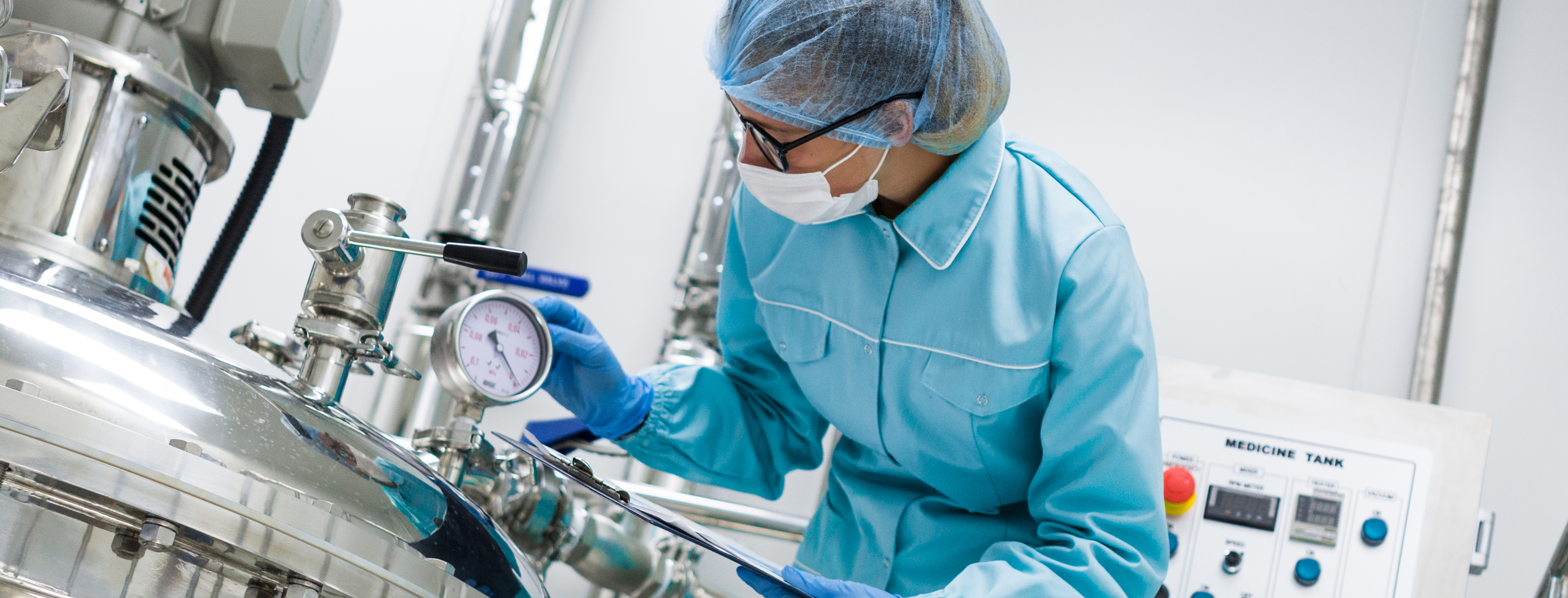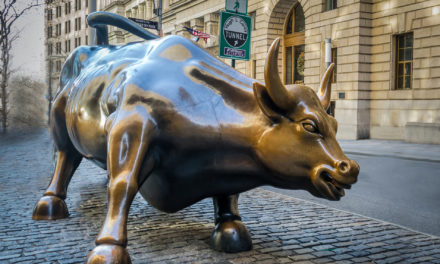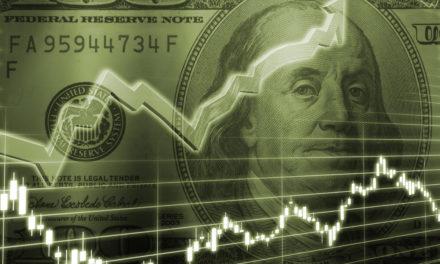
“When we own portions of outstanding businesses with outstanding managements, our favorite holding period is forever.”
— Warren Buffett
The investment philosophy practiced by Warren Buffett calls for investors to take a long-term horizon when making an investment, such as a twenty year holding period (or even longer), and reconsider making the investment in the first place if unable to envision holding the stock for at least five years. Today, we look at how such a long-term strategy would have done for investors in Procter & Gamble Company (NYSE: PG) back in 2001, holding through to today.
| Start date: | 12/03/2001 |
|
|||
| End date: | 11/30/2021 | ||||
| Start price/share: | $38.15 | ||||
| End price/share: | $144.58 | ||||
| Starting shares: | 262.12 | ||||
| Ending shares: | 452.33 | ||||
| Dividends reinvested/share: | $41.33 | ||||
| Total return: | 553.98% | ||||
| Average annual return: | 9.84% | ||||
| Starting investment: | $10,000.00 | ||||
| Ending investment: | $65,378.33 | ||||
As shown above, the twenty year investment result worked out well, with an annualized rate of return of 9.84%. This would have turned a $10K investment made 20 years ago into $65,378.33 today (as of 11/30/2021). On a total return basis, that’s a result of 553.98% (something to think about: how might PG shares perform over the next 20 years?). [These numbers were computed with the Dividend Channel DRIP Returns Calculator.]
Always an important consideration with a dividend-paying company is: should we reinvest our dividends?Over the past 20 years, Procter & Gamble Company has paid $41.33/share in dividends. For the above analysis, we assume that the investor reinvests dividends into new shares of stock (for the above calculations, the reinvestment is performed using closing price on ex-div date for that dividend).
Based upon the most recent annualized dividend rate of 3.4792/share, we calculate that PG has a current yield of approximately 2.41%. Another interesting datapoint we can examine is ‘yield on cost’ — in other words, we can express the current annualized dividend of 3.4792 against the original $38.15/share purchase price. This works out to a yield on cost of 6.32%.
One more piece of investment wisdom to leave you with:
“Value investing requires a great deal of hard work, unusually strict discipline, and a long-term investment horizon. Few are willing and able to devote sufficient time and effort to become value investors, and only a fraction of those have the proper mind-set to succeed.” — Seth Klarman




